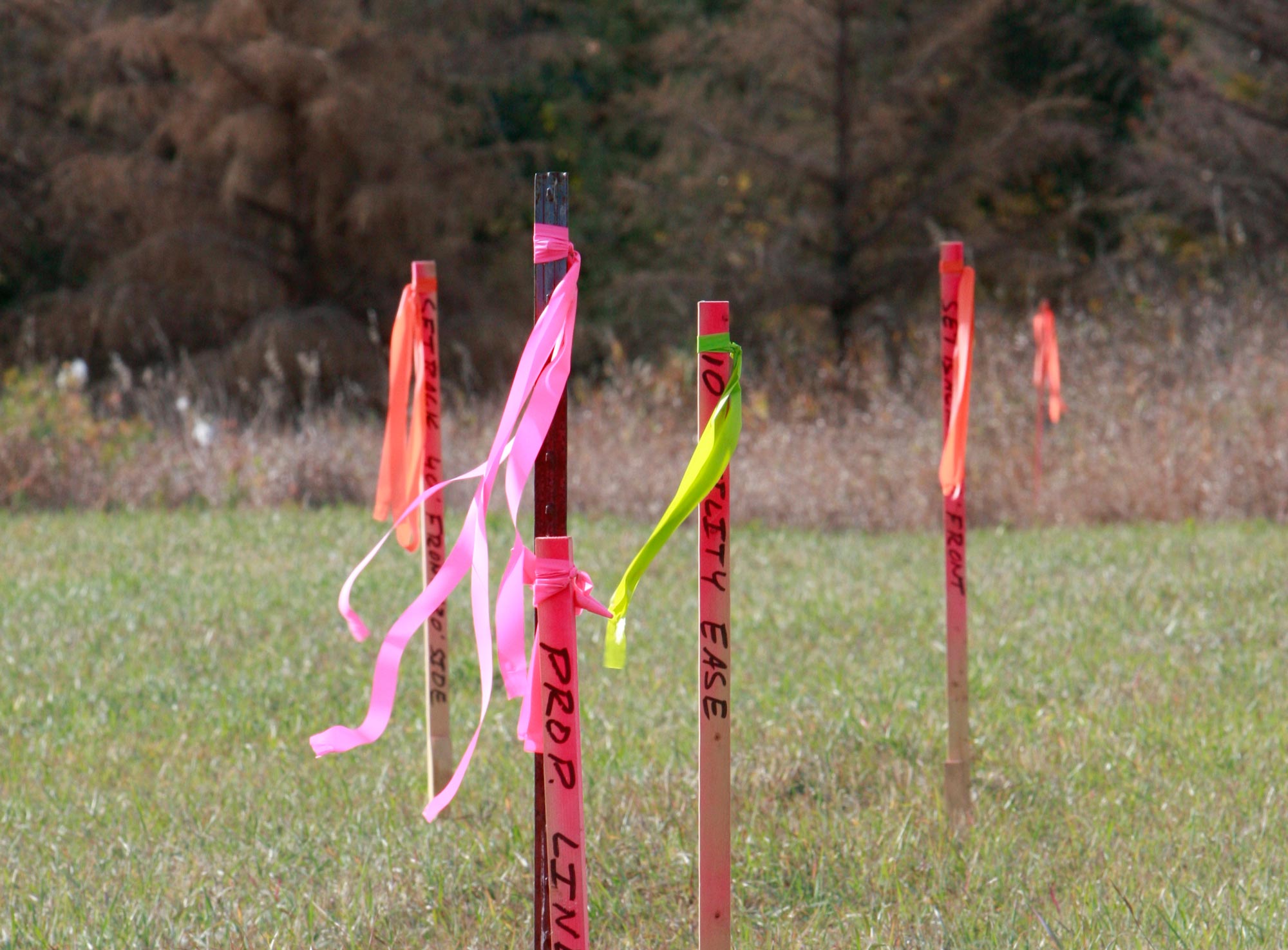Are Dentists Safe to Go to Now? Find Out the Truth in 2023!
Are you hesitant about visiting the dentist due to safety concerns? You're not alone. The COVID-19 pandemic has raised questions about the safety of dental visits. But don't let fear hold you back from taking care of your oral health. In this article, we'll explore the topic of whether dentists are safe to go to now, addressing your concerns and providing valuable insights.
So, are dentists safe to go to now? The answer is a resounding yes! Dental practices have implemented stringent safety protocols to ensure the well-being of both patients and staff. From thorough sanitization procedures to the use of personal protective equipment, dentists are taking every precaution to create a safe environment for all.
In summary, dentists are indeed safe to go to now. They have implemented rigorous safety measures to protect patients and staff. If you have been delaying dental visits, it's time to put your oral health first and schedule an appointment with confidence.
Are Dentists Safe to Go to Now: Personal Experience and Insights
As someone who recently visited the dentist, I can confidently say that dental practices are safe places to be. When I arrived at the clinic, I was greeted by a friendly staff member wearing a mask and provided with hand sanitizer. The waiting area had been rearranged to ensure social distancing, and all surfaces were regularly disinfected. During my dental procedure, the dentist and dental assistants wore full PPE, including masks, gloves, and face shields. I felt reassured by the extra precautions taken to prioritize safety.
Furthermore, dental clinics have implemented advanced air filtration systems to maintain clean and fresh air circulation. This helps reduce the risk of airborne particles, including viruses, within the dental office. The combination of strict safety protocols, personal protective equipment, and enhanced air quality measures create a safe environment for all patients.
Understanding the Safety Measures in Dental Practices
Dental practices have come a long way in terms of safety measures. In the past, there were concerns about the transmission of infectious diseases in dental settings. However, advancements in infection control protocols, coupled with improved understanding of disease transmission, have significantly minimized risks.
Modern dental practices follow strict guidelines set by organizations such as the Centers for Disease Control and Prevention (CDC) and the World Health Organization (WHO). These guidelines include thorough cleaning and disinfection of all instruments and surfaces, the use of disposable materials whenever possible, and the proper sterilization of reusable equipment.
The Hidden Secret of Dental Safety: Prevention is Key
One of the hidden secrets of dental safety lies in prevention. Regular dental visits play a crucial role in maintaining optimal oral health and preventing potential dental issues. By addressing any concerns early on, dentists can prevent more extensive and costly treatments in the future. So, don't let fear hold you back from prioritizing your oral health.
Additionally, many dental practices now offer teledentistry services, allowing patients to receive virtual consultations and guidance from the comfort of their homes. This innovative approach reduces the need for in-person visits while still ensuring that patients receive the necessary care and advice.
Recommendations for Safe Dental Visits
To ensure a safe dental visit, follow these recommendations:
- Make sure the dental practice follows strict safety protocols, such as regular sanitization and disinfection.
- Wear a mask and practice good hand hygiene before and after your visit.
- Arrive on time for your appointment to minimize time spent in the waiting area.
- Inform the dental staff about any symptoms or potential exposure to COVID-19.
- Consider teledentistry options for initial consultations or non-urgent concerns.
Exploring the Safety Measures in Detail
Dental practices have implemented a range of safety measures to protect patients and staff. These measures include:
- Screening protocols to identify any potential COVID-19 symptoms or exposure.
- Mandatory use of personal protective equipment (PPE), including masks, gloves, and face shields.
- Frequent sanitization and disinfection of all surfaces and instruments.
- Social distancing measures in waiting areas and during appointments.
- Advanced air filtration systems to ensure clean and fresh air circulation.
Tips for a Safe Dental Visit
Here are some tips to make your dental visit as safe as possible:
- Wear a mask and practice good hand hygiene.
- Follow any specific instructions provided by the dental clinic.
- Avoid touching your face or mask during the visit.
- Reschedule your appointment if you're feeling unwell or have been in contact with someone who tested positive for COVID-19.
Frequently Asked Questions about Dental Safety
Q: Are dentists required to follow specific safety guidelines?
A: Yes, dentists are required to follow strict safety guidelines set by organizations such as the CDC and WHO.
Q: Is it safe to undergo dental procedures during the pandemic?
A: Yes, dental procedures can be safely performed with the implementation of proper safety measures.
Q: What can I do to minimize the risk of COVID-19 transmission during my dental visit?
A: Follow the recommended safety practices, such as wearing a mask, practicing good hand hygiene, and maintaining social distancing.
Q: Should I delay my dental visit due to safety concerns?
A: It's important to prioritize your oral health. Dental practices have implemented rigorous safety measures to ensure patient well-being.
Conclusion of Are Dentists Safe to Go to Now
In conclusion, dentists are safe to go to now. With the implementation of strict safety protocols, advanced air filtration systems, and the use of personal protective equipment, dental practices have created a safe environment for patients. By prioritizing your oral health and following recommended safety practices, you can visit the dentist with confidence.

No comments:
Post a Comment